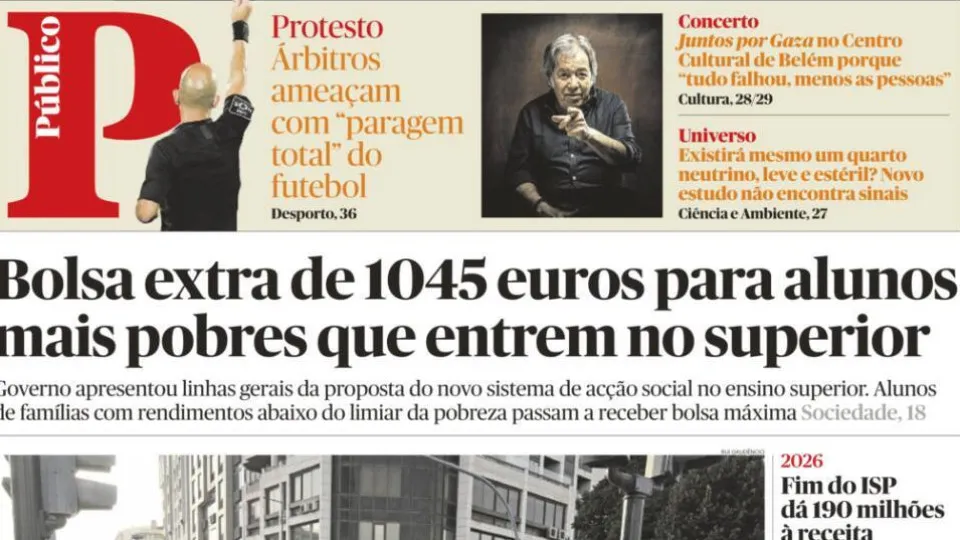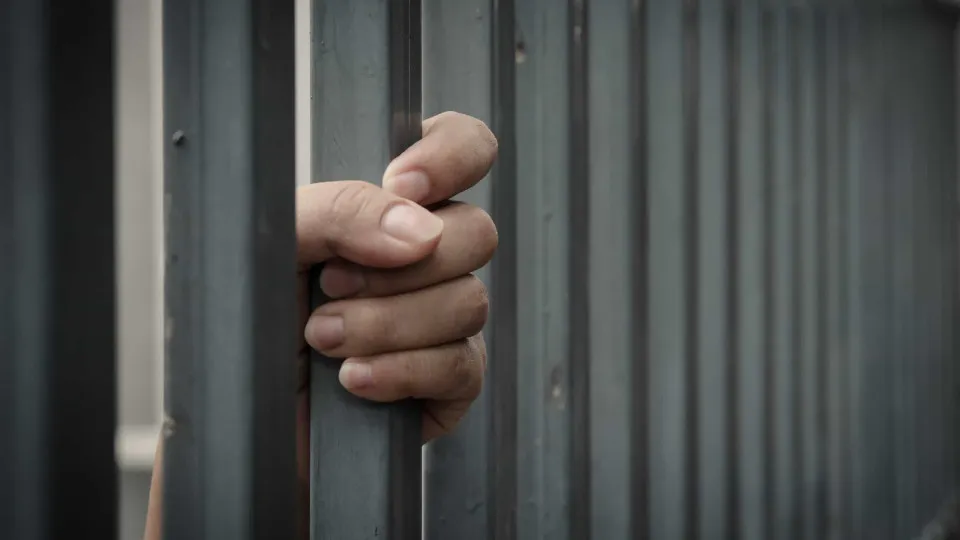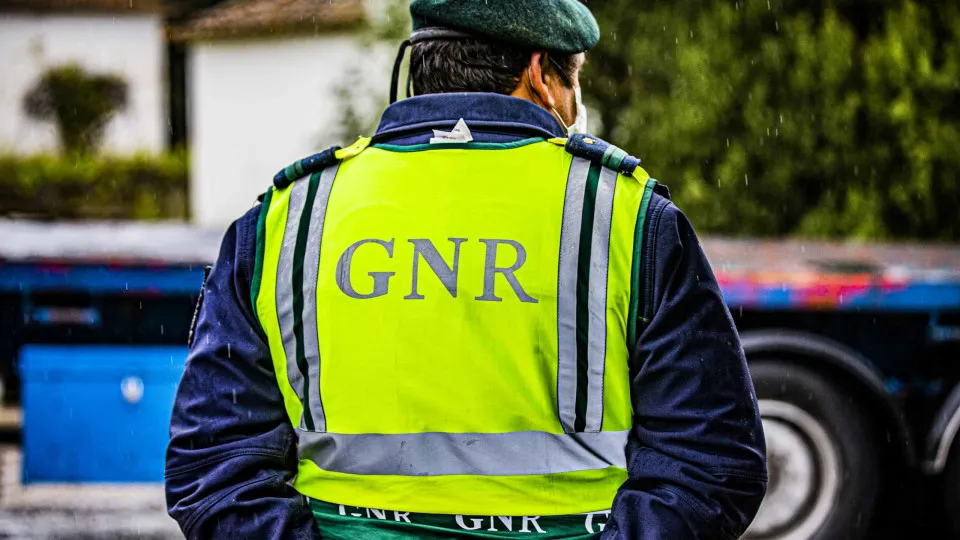“Obviously, I consider it undesirable for there to be a government led by or including the far-right in Portugal. I think this would be bad for the country, especially for the most disadvantaged groups,” stated António Filipe in an interview.
The presidential candidate, supported by the PCP, described Chega as an “advocate of the establishment” and labeled its appeal to disadvantaged social groups as “purely demagogic.” He noted that the Constitution of the Republic does not stipulate that “the leader of the most voted party must necessarily be the prime minister.”
“Therefore, I believe I would explore possible solutions within the constitutional framework to prevent the far-right from participating in or leading the government,” said António Filipe.
However, the candidate acknowledged that there could be scenarios where he might have to swear in a government led by or involving Chega, due to the lack of alternative governing solutions. He warned that he would remain vigilant to ensure compliance with the Constitution and respect for the functioning of sovereignty bodies.
If this did not happen, António Filipe emphasized that the Constitution of the Republic “provides for the possibility of dissolving parliament and dismissing the government if it threatens democratic institutions.”
“Therefore, I would obviously be vigilant regarding compliance with the Constitution in all its domains and, if necessary, would use the powers conferred to me by the Constitution to safeguard democracy,” he noted.
António Filipe stressed that his candidacy not only endorses and defends the values enshrined in the Constitution of the Republic but also intends to be an “active voice” to ensure that public authorities comply with it.
Asked if, as head of state, he would also commit to upholding a Constitution that had been revised by right-wing parties—who have the necessary two-thirds of deputies to do so—António Filipe expressed hope that such a constitutional revision would not occur.
“I think it would be negative for the country for the Constitution to be revised,” he said, noting, however, that constitutional revision does not fall within the presidential powers. He can only express his opinion on the issue and “hope that the Constitution is upheld and not revised.”
On whether, given the current parliamentary situation, with a right-wing majority of two-thirds of deputies, the role of the President of the Republic should be to act as a counterpower, António Filipe highlighted that the head of state should “fulfill his powers and nothing more.”
“But the powers he has, he should exercise. And if he disagrees with the parliamentary majority on a specific measure, the Constitution provides him with the powers to do so,” he said, mentioning that he “would not hesitate” to request preventive oversight of bills he considers unconstitutional or those with which he has “a deep political disagreement,” even if they could later be reconfirmed by the Assembly of the Republic.
When asked what his hallmark would be as President of the Republic, António Filipe replied that it would be “proximity to citizens,” not just “physical proximity,” in reference to Marcelo Rebelo de Sousa.
“It is the closeness in using all possibilities of intervention to solve the people’s problems. It’s not just proximity of affections—without underestimating its importance—but a proximity to solving problems,” he stated.




